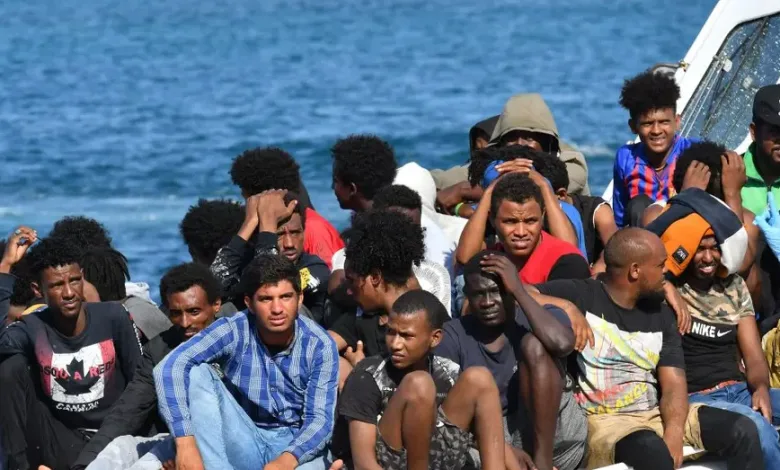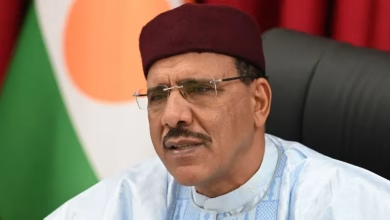Spain and Mauritania Partner to Combat Migrant Surge

- The agreement aims at curbing the increasing number of migrants
- Spain plans to expand its circular migration program
- These initiatives aim to address the root causes of migration
Spanish Prime Minister Pedro Sánchez has announced a series of agreements with Mauritania aimed at curbing the increasing number of migrants attempting the dangerous Atlantic crossing to the Canary Islands.
During a visit to the West African nation, Sánchez emphasized the need for a humane and orderly approach to migration while acknowledging the challenges posed by the influx of migrants.
Spain plans to expand its circular migration program to include Mauritanians and strengthen cooperation between the two countries’ security forces to combat human trafficking networks.
The Canary Islands, located close to the African coast, have seen a significant rise in migrant arrivals, with over 22,000 people disembarking since January.
Sánchez highlighted Spain’s own history as a country of migrants, emphasizing the shared aspirations of those seeking better opportunities.
Many of the migrants reaching the Canary Islands are fleeing violence and instability in countries like Mali, while others are seeking economic opportunities.
The Spanish government is preparing for an even larger influx of migrants this fall as favorable sailing conditions improve.
To address the needs of the growing number of migrant arrivals, including teenagers and children traveling alone, Spanish authorities are implementing measures to provide care and support.
Spain’s partnership with Mauritania is part of a broader effort to address migration challenges in the region.
In February, Sánchez announced a significant financial package to assist Mauritania in curbing migration flows.
The country’s role as a beacon of stability in the volatile Sahel region has made it a key partner in addressing migration issues.
The agreements between Spain and Mauritania include measures to boost investments, promote Spanish language and culture, and strengthen bilateral relations.
These initiatives aim to address the root causes of migration and provide opportunities for economic development in the region.






